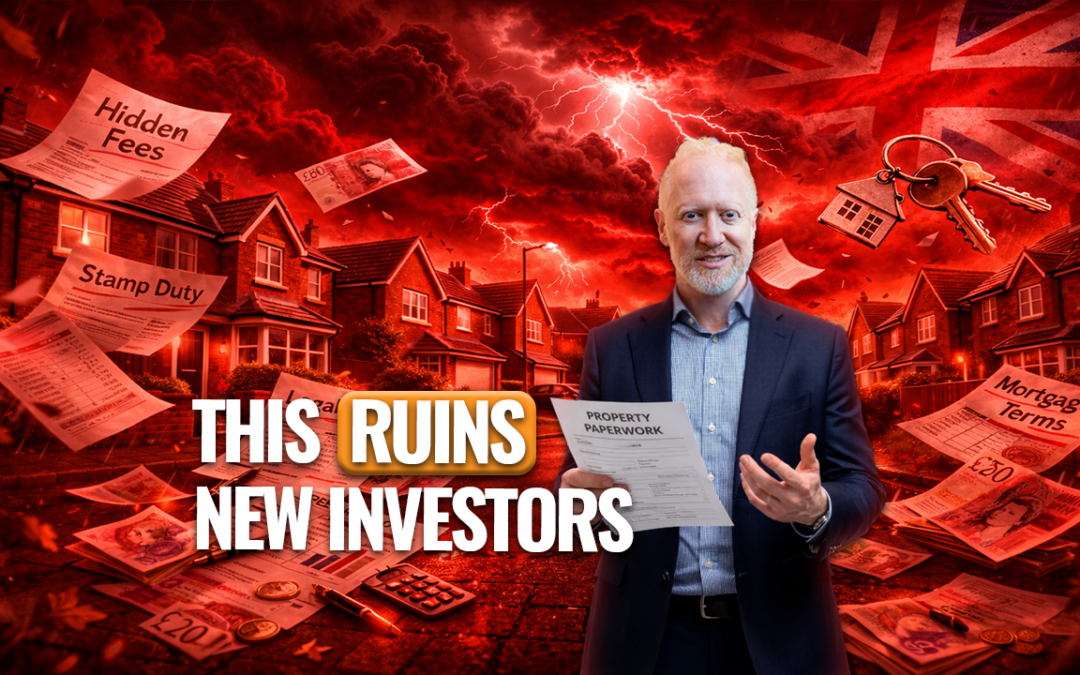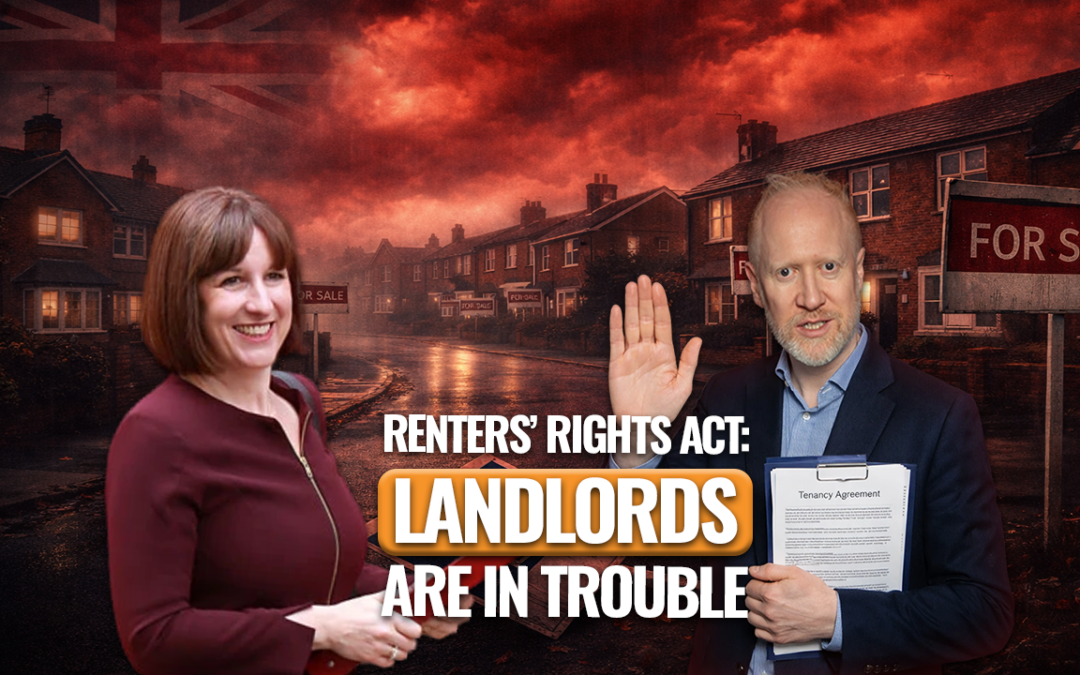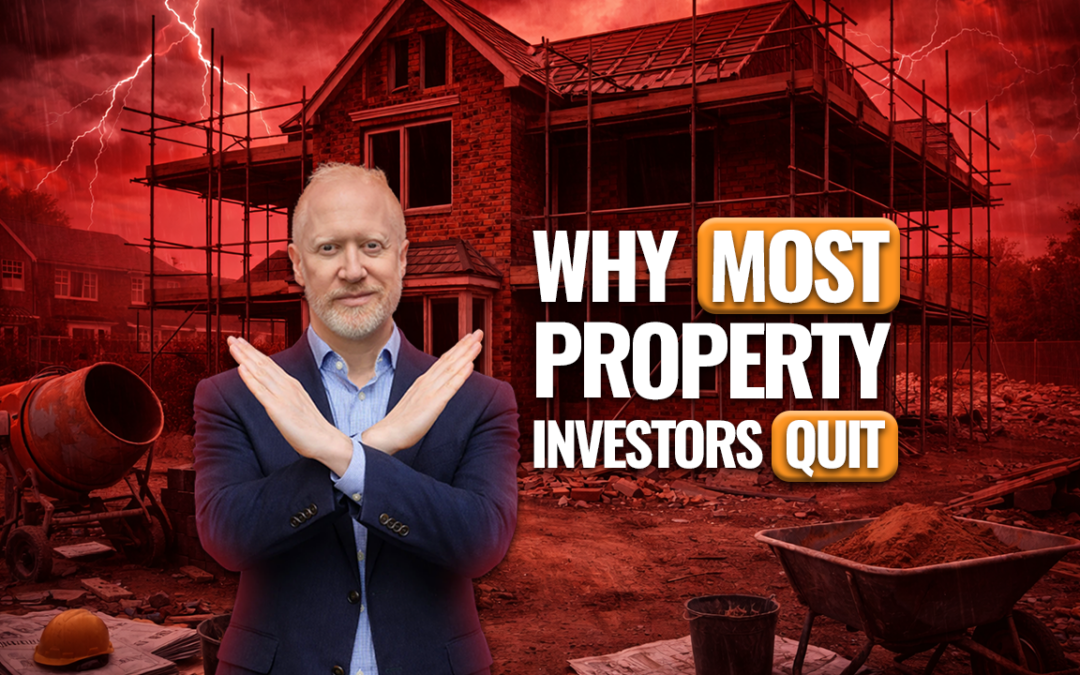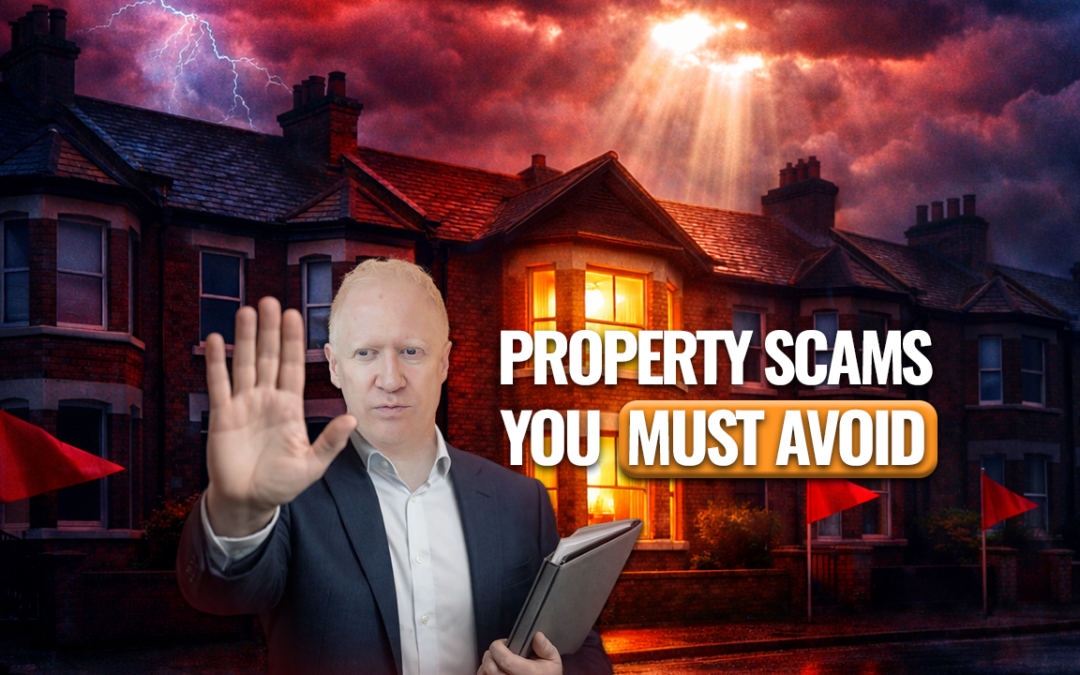In this month’s article, I am going to look at the some of the property related policies from the Labour Party manifesto and consider the impact this might have on you, and your property investing.
It’s probably no surprise that the Labour Party won this general election, due to the dissatisfaction with the former Conservative Government, but I don’t think anyone expected it to be such a landslide victory for Labour.
The Labour Party gained 211 seats in parliament, mainly from the Conservatives who lost 250 seats, with the Liberal Democrats also benefiting from dissatisfaction with the Conservatives, gaining 63 seats, and even the Reform party picking up a few seats.
Although the policy’s of the Conservative Government, did not exactly support property investors, I’m sure that many investors may now be concerned at how the Labour Government will legislate in the Private Rental Sector (PRS), and what this will mean for the future of property investing in the UK.
It’s really important for you to understand what is likely to happen under a Labour Government, based on their election manifesto, as this will influence your property investing strategy and decisions.
1,500,000 New Homes in Five Years
Both the Labour Party and Conservative Party said in their manifestos that they would build 1.5 million homes during their parliamentary term (The conservatives actually said it would be 1.6 million homes in this time period). That is an average of 300,000 new homes each year, despite the fact that for the last 10 years, as a nation, we’ve been building less then 200,000 new homes a year.
I’m not sure how any government will be able to facilitate the building of 50% more homes every year, than what has been achieved over the last decade. This is due to a number of challenges including: a lack of qualified trades people, supply chain issues and an incredibly overloaded and slow planning permission approval system in most local councils.
“Many investors may now be concerned at how the Labour Government will legislate in the Private Rental Sector.”
Planning Permission
The Labour Party quite rightly identified (as did most of the major parties) that drastic improvements are needed in the planning permission process in order to get anywhere near this target of 300,000 new homes a year. They have committed to provide extra resource for local councils to overcome the bottleneck planning department in so many councils. Personally I believe this is one of the best suggestions they have made. Let’s just see if they deliver on this commitment. They have also committed to use more Brownfield sites and also Greyfield sites.
One of my concerns is that the Labour Party suggested they would get small developers to build more affordable housing by increasing the 106 agreements on small developments. This seems counter intuitive to me, and does not seem like a way to motivate small builders to build more. If small developers are going to have to build more affordable housing, which is less profitable, it could affect the overall profitability of schemes, such that they are no longer worth doing. I suppose the devil is in the detail and we will see how the Labour government is planning to stimulate this house building requirement.
Overseas Investors
In the Labour Party manifesto they made a specific point about wanting to stop the scenario where overseas investors purchase new build property off plan, which means local buyers, in particular first time buyers, get blocked out of buying this kind of property.
Whilst there is some truth in this, in that many new developments are entirely purchased by overseas investors off plan, I don’t think most first time buyers want to buy these kind of properties, but instead would rather buy small houses as their first property. The exception to this maybe in London, where apartments are the only type of property that first time buyers could afford.
“I suppose the devil is in the detail and we will see how the Labour Government is planning to stimulate this house building requirement.”
Right to Buy
The Right to Buy scheme was introduced during the Margaret Thatcher years, to help people living in council properties buy their own home. The longer you have lived in a council property, the larger the discount you could claim when buying that property from the council. This has helped many people, who would never otherwise be able to afford to buy their own home, get onto the property ladder. The Labour Party said they would review this policy. If you, or anyone you know lives in a council property, and has the right to buy at a big discount off the true market value, I highly recommend you/they look to make the most of this opportunity, before it is potentially removed by the Labour Government.
Rent Controls
There have been concerns that a Labour Government may try to enforce rent controls on the private rental sector, in an attempt to make property rents affordable. I would hope that the decision makers involved in policy setting learn the lessons from Scotland, where the application of rent controls recently was a complete disaster, causing many investors to decide that enough was enough and that they would sell some of their rental properties causing, an even worse shortage of accommodation.
This leads me to consider the impact of these policies, on supply and demand of UK housing. If there is an increase of over 50% of new housing stock coming to the market every year, plus many landlords deciding to sell up and retire early, will this cause an oversupply of property for sale on the market? Thus causing property prices to fall over the next five years. Personally I don’t think this will happen due to the fundamental underlying demand, where we have an increasing population and a limited supply of accommodation.
I guess we will have to wait and see what happens under a new Labour Government. I do believe that we will continue to see an increasing number of existing landlords deciding to sell up and retire early, which could actually be an opportunity for those of us who stay in the market. First of all, there might be less competition moving forward, and also the landlords looking to sell could have perfect properties for us to buy. When everyone else is panicking, there is always a silver lining, an opportunity for those of us who are prepared to look for it.
This blog just contains my personal opinions, some of which you will agree with, some you may not. I am sure other experts in specific areas will have their own views, that I would encourage you to listen to, so that you can decide what the impact of this general election result might be on your investing strategy and decisions.










